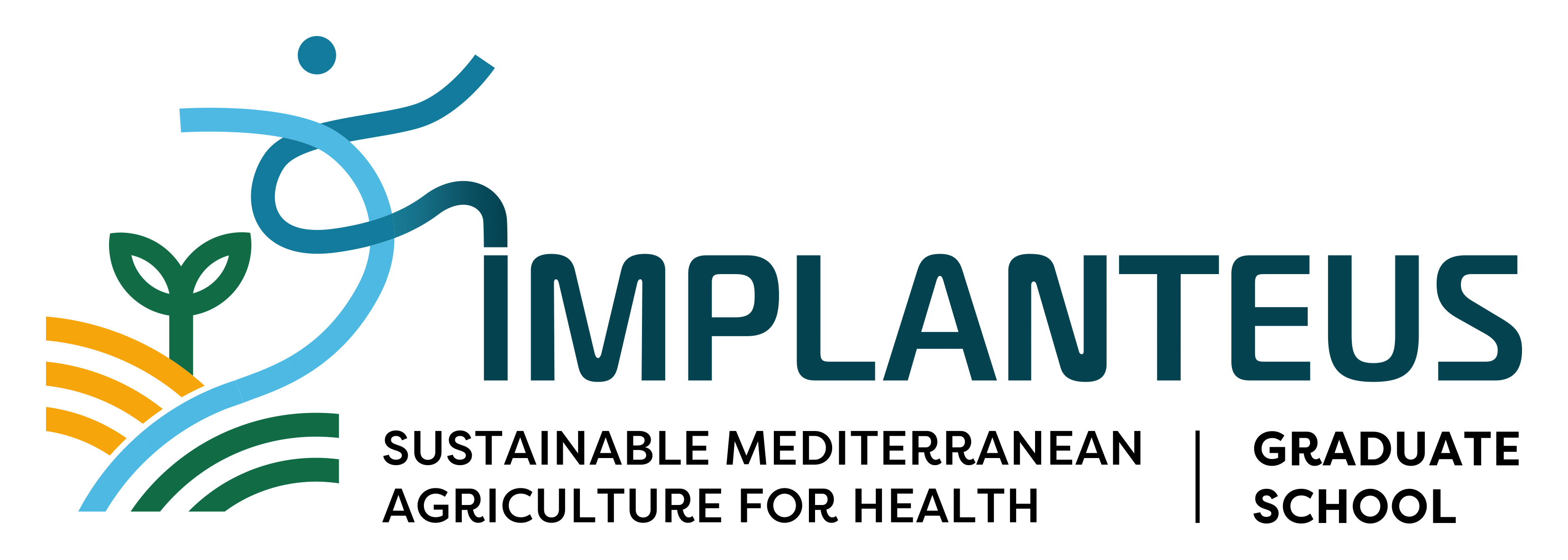2023 – 2024
Mickael Laguerre, Givaudan – mickael.laguerre@givaudan.com
Stability of anthocyanins in presence of ascorbic acid
In various food products, including beverages or fruits, anthocyanins are found alongside ascorbic acid, a water-soluble vitamin. However, this combination can lead to the degradation of both compounds, negatively impacting their nutritional quality and functional properties, such as color fading or browning. Multiple mechanisms have been proposed, and various experimental approaches have been explored to address this issue. The objective of this tutored project is to conduct a comprehensive review of the extensive literature on this topic, encompassing articles and patents with the aim of (i) elucidating the potential reaction pathways involved in color degradation and (i) proposing effective solutions to delay or prevent it.
2022 – 2023
Mme Marion Dumont : Groupe Emile Noël mf@emilenoel.com
- Research of molecules of interest for valorization (in cosmetic or nutraceutical) of our oil cakes (choice: pumpkin seed or almond or sesame oil cakes)
- Characterization of our oil cakes and specific research on the amino acid profile to valorize our oil cakes in animal nutrition
- Characterization and description of the interests linked to glycosylated lignants (sesamin, sesaminol…) in sesame oil
Claire Delbecque Entreprise Bonthoux clairedelbecque@hotmail.com
- Identify two or three plant co-products from the fruit and vegetable sector around Avignon (field survey and sourcing of plant material).
Research which extracts could be used (biblio & state of the art + orientation from me on extraction techniques and applications, whether in the aromatic field or another). + possible application in the lab.
A reflection on the valorization of co-products and its industrial constraints, in particular on the balance between the main product and the co-product, the notion of quality stability etc…
M. Stéphane Georgé : Centre technique CTCPA SGEORGE@ctcpa.org
- Hurdle technologies: instead of applying a single technology applied intensively, different (and multiple) unit steps are applied but at lower intensities. Which couplings are promising, for which types of products? for which costs (financial and enviro)? for which qualities?
- Mobile unit: mobile processing unit (whose interest is that it moves), it is necessary to find if there is any? to manufacture which product (for example a unit exists for the manufacture of apple juice), which economic model? how to manage the inputs (water, nrj, waste, …)
- Sensors: all types of sensors but in particular photonic sensors allowing to monitor installations or allowing physical measurements (nrj, cold, water) or chemical measurements (product quality – hyperspectral type)
- Multi-criteria evaluation such as the radar or dexi approach (DEXi is a computer program for multi-attribute decision-making). What are the available tools? What are their performances and their limits?
